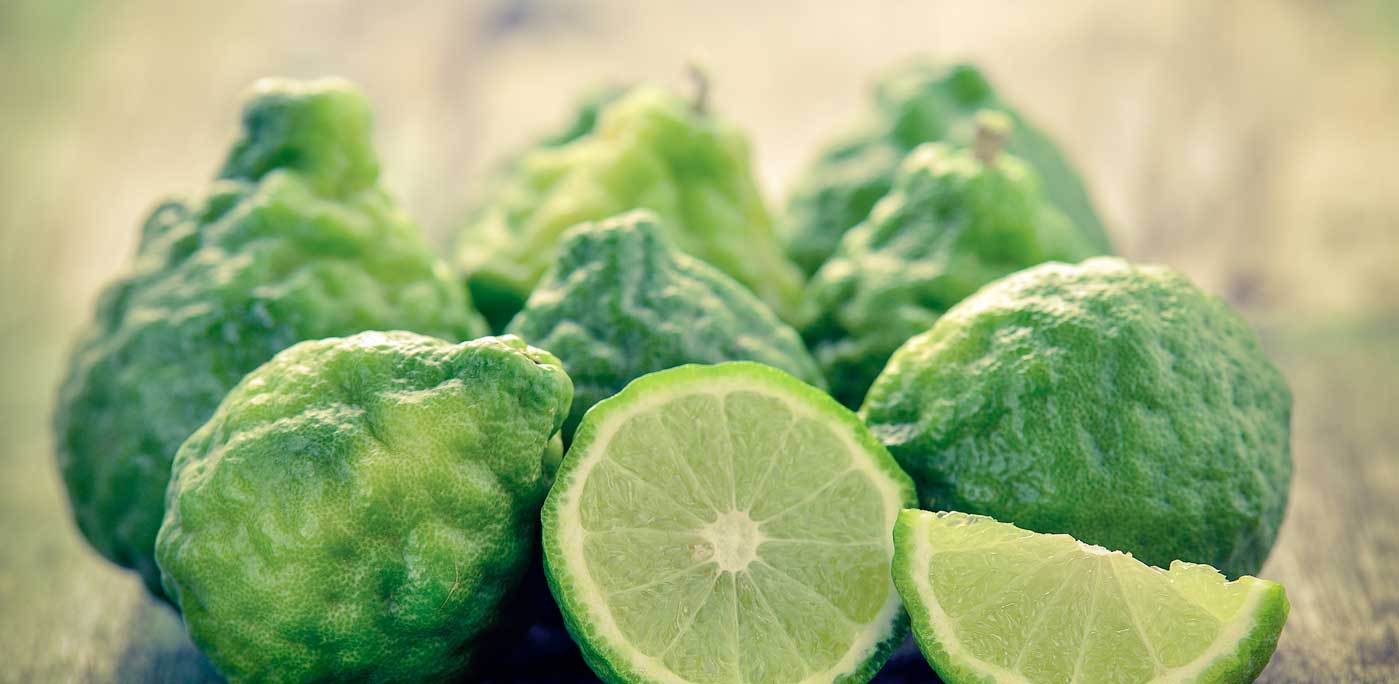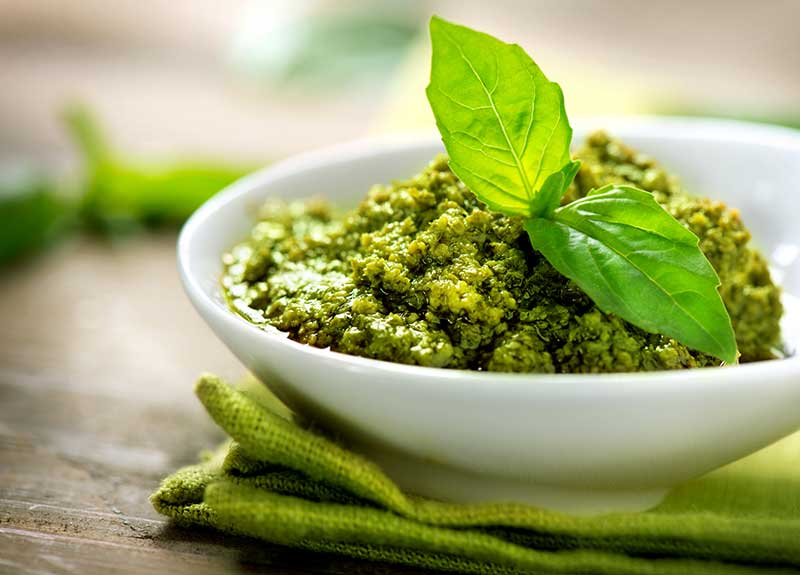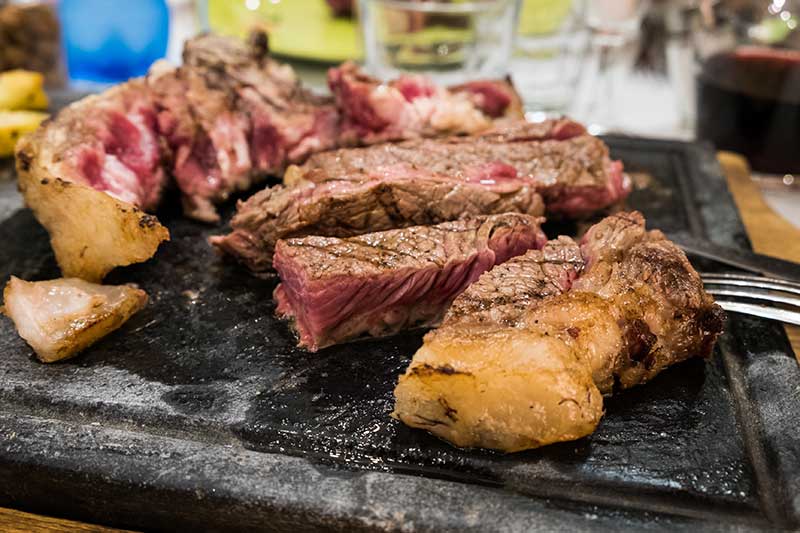Calabria, more specifically the area of Rada dei Giunchi, holds the world record for the production of bergamot. Here, a temperate-tropical and humid microclimate has supported cultures since 1750.
Bergamot is a peculiar citrus fruit, both for its origins and genesis.
Some think it comes from lemons or limes, but bitter oranges are more likely to be its closest relatives. However, it is botanically categorised as a species on its own. The name may come from the Turkish word begarmundi, which means “the Lord’s pear tree,” but even in this case mystery surrounds the inebriating scent of this fruit.
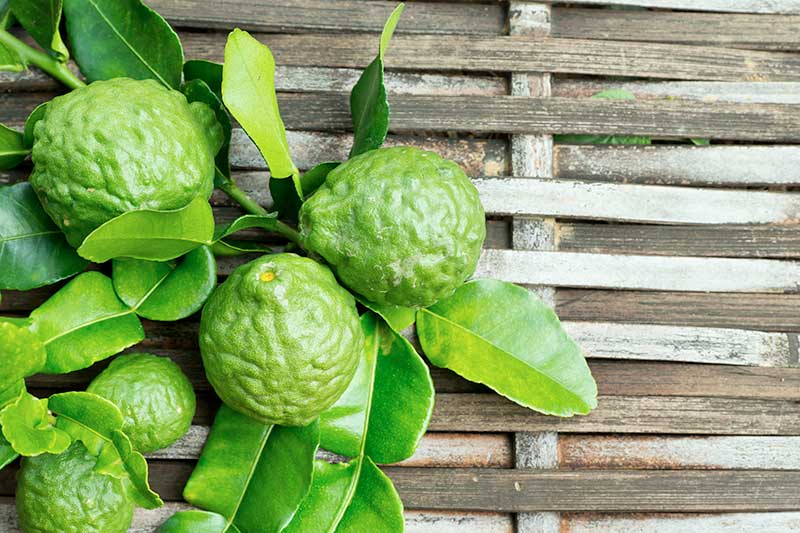
Its flesh is extremely bitter, so it can’t be consumed on its own. It is usually added in small quantities to that of other citruses, or for the production of Bergamino, a traditional Calabrian liqueur.
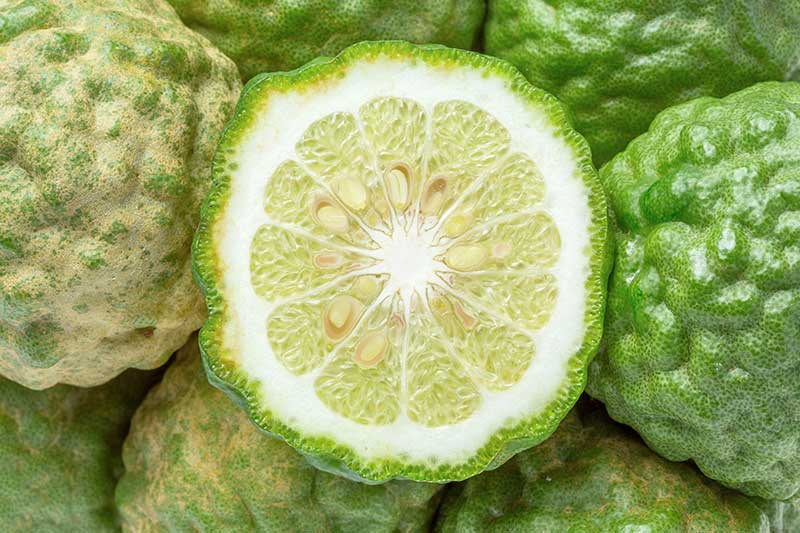
The largest part of Calabria’s bergamot production is destined to the extraction of essential oil. In order to obtain one liter of it, 200 kg of bergamots are necessary: the final product is exported all over the world and used largely in the perfume industry, especially as main essence in eau de cologne.
Its dried peels, which keep for a long time their fresh and aromatic scent, are used to make precious tobacco tins, sought after by collectors because of their elegance.
